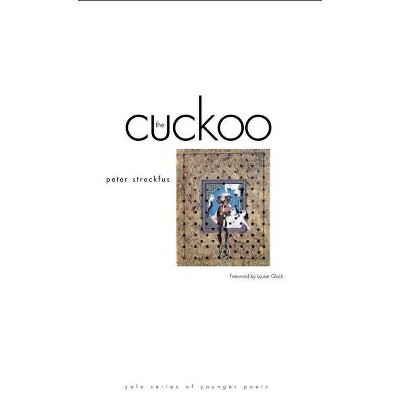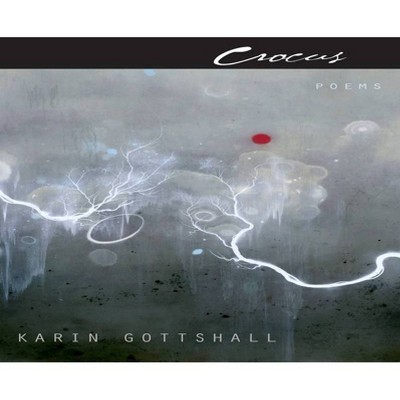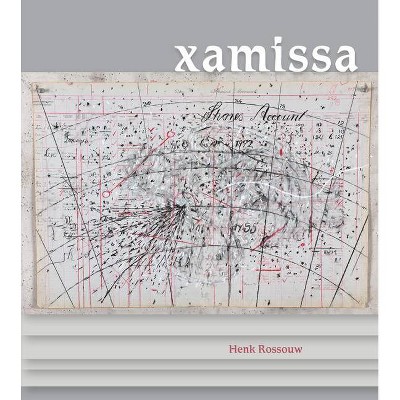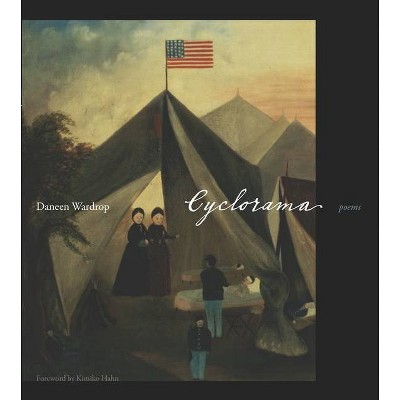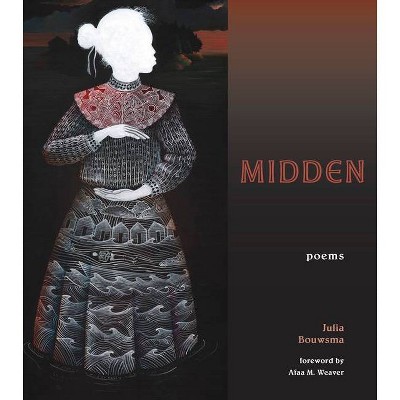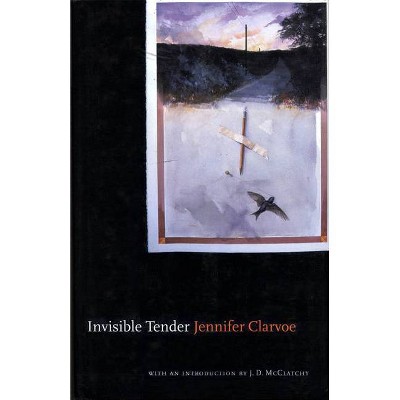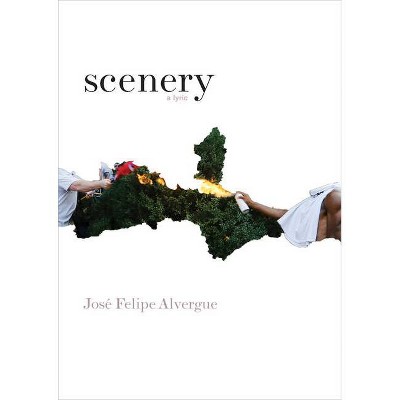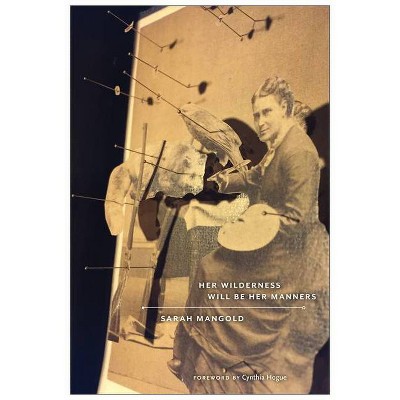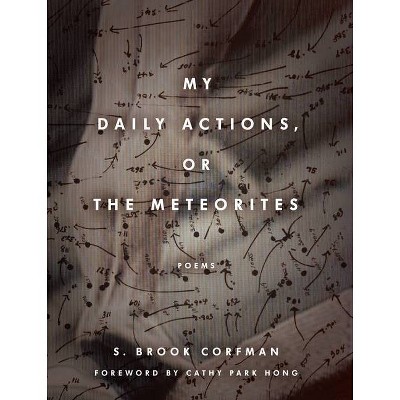Errings - (Poets Out Loud) by Peter Streckfus (Paperback)
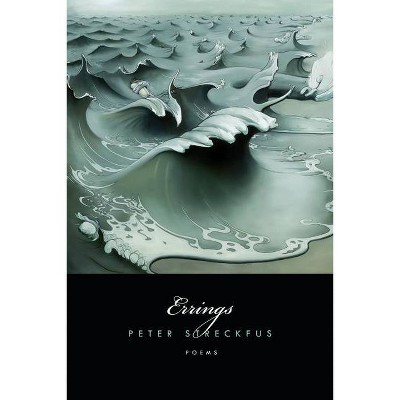
Similar Products
Products of same category from the store
AllProduct info
<p/><br></br><p><b> About the Book </b></p></br></br>Spoken on the margin between death and birth, reading and writing, separation and union, the poems of Errings address the absent--a lost leader, a remote love, a protégé not yet born--and across those distances delineate the motion of consciousness as it passes from one body to the next.<p/><br></br><p><b> Book Synopsis </b></p></br></br><p>Spoken on the margin between death and birth, reading and writing, separation and union, the poems of Errings address the absent--a lost leader, a remote love, a protege not yet born--and across those distances delineate the motion of consciousness as it passes from one body to the next. "Videos of Fish," the opening sequence, speaks to the spirit of the poet's late father, adapting devices from Dante, Tibetan metaphysical<br>philosophy, and the biomechanics of the most primitive of vertebrate bodies, the fish, to envision paths of the disembodied soul. "How difficult it is to remain one person," the poet claims, echoing Czeslaw Milosz; in its progress between persons, the collection's regular shifts in mode and form include the purgatorian tercet, <br>the Japanese poetic diary, didactic verse, the Persian ghazal, the erasure, and the miniature. <p/>THE READER<br>Experience among the waves allows one to limit the field. <p/>Each year he grew another soul, oblong, slightly pointed at the end, like<br>an oar, its surface turned to the light. <p/>Blacken now and lift your news into the air.</p><p/><br></br><p><b> Review Quotes </b></p></br></br><br>. . . this book dazzles with its vulnerability, its wonder at the fluidity between animal and human, life and death, technology and the natural world - the world with its subtlety, holes, and open spaces.-- "--LA Review of Books"<br><br>Errings offers the best of both the bay side and ocean side of the street. Some of its poems, readers can immediately enter and understand, and others take a bit more archeological digging. Readers will find poems quiet as a bay sunset and as turbulent as Atlantic waves...If you find yourself somewhat lost at sea in this collection on first read, do not swim immediately back to shore. Tread water boldly and curiously with all senses alert and wide open. You will eventually find your way in the language and will be glad you took the extra time.-- "--Poet's Quarterly"<br><br>If you read and admired (as I did) Peter Streckfus's Yale-Younger The Cuckoo published a decade back, then it's a no brainer to cozy up to these new acts of collusion while spreading yourself out on green heather.-- "--Coldfront Magazine"<br><br>In his two collections, Peter Streckfus has made a lyric poetry of the highest order: spacious, luminous, contemplative, filled with strange voyages and miniature epics--he is a seer, a visionary, and yet how effortless this work seems; at its center, a stillness as ardent and searching as anything within memory.-- "--American Academy of Arts and Letters citation for the Rome Prize in Literature"<br><br>A hard won, fully realized, wonderfully eccentric book. Rather than the anxiety of influence, Peter Streckfus vows for a complex, loving embrace of influence. Written at the intersection of the words of father and son, through the echoing world of the father's unpublished novel, Errings is an adventure--full of transport--in dream and in time. This is lovingly tender and smart work.<b>-----Hank Lazer, <i></i></b><br><br>Peter Streckfus's crisp little book, is a delightfully idiosyncratic jewel-box of verbal surprises and minor epiphanies.<b>---Matthew Ladd, <i>--West Branch</i></b><br><p/><br></br><p><b> About the Author </b></p></br></br><br><strong>Peter Streckfus</strong> is Professor of English at George Mason University.<br>
Price History
Price Archive shows prices from various stores, lets you see history and find the cheapest. There is no actual sale on the website. For all support, inquiry and suggestion messagescommunication@pricearchive.us
